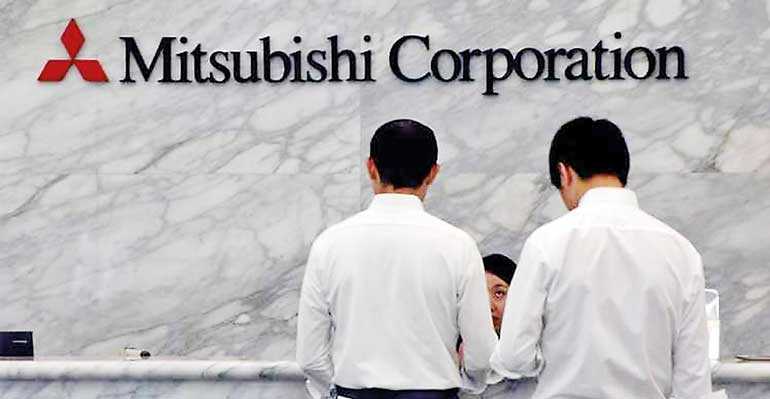Sunday Feb 22, 2026
Sunday Feb 22, 2026
Thursday, 30 August 2018 00:00 - - {{hitsCtrl.values.hits}}
Singapore/Dhaka (Reuters): Bangladesh has started operations at the country’s first liquefied natural gas (LNG) terminal, the country’s energy minister said following delays related to technical problems and bad weather.
The floating storage and regasification unit (FSRU), which arrived in Bangladesh in April to offload its maiden cargo of LNG from Qatar and moor permanently as an import terminal, began operations on Saturday. It was initially expected to start in May.
The start-up will allow Bangladesh to import LNG to offset falling domestic gas production, feeding industrial demand and power generation in a nation where 30% go without electricity. It’s also expected to boost Asian LNG prices, coinciding with an anticipated rise in demand ahead of winter.
“It certainly adds to the factors that point to a very tight market this winter,” said Nicholas Browne, senior gas analyst at energy consultancy Wood Mackenzie. “This is mainly driven by limited additional supply until late 2018 together with strong expected demand from China and South Korea.”
Since its arrival at Moheshkhali, near Cox’s Bazar in southeast Bangladesh, in April, bad weather has hampered the FSRU’s efforts to dock properly, connect to the import infrastructure and offload its first cargo of Qatari LNG, officials have said.
The FSRU initially started operations last week but had to call a halt due to a leak in an onshore facility, a source told Reuters.
“We have started the process of feeding the gas to the grid,” Nasrul Hamid, Bangladesh’s state minister for energy and power told Reuters.
“This is a first step and we are taking more initiatives to meet growing consumption needs and feed the expanding economy.”
The Excellence FSRU is operated by privately owned US company Excelerate which had declared force majeure on the project due to the delays. Declaring force majeure absolves a company from responsibility for delays to fulfilling contracts due to circumstances beyond its control.
Asked about the force majeure, an official at state-owned national oil company Petrobangla said “everything will be resolved as per the agreement”.
The country of 165 million people relies on its gas resources for 70% of energy production but as demand has risen its falling supply has struggled to keep up, prompting it to consider a host of LNG projects.
The country’s second FSRU is expected to be ready by March, next year.
That will help to ramp up LNG imports to 2.9 million tons in 2019 from the 0.6 million tons expected this year, said WoodMac’s Browne. By 2020, imports could reach 4.6 million tons, he said.

SINGAPORE (Reuters): Japan’s Mitsubishi Corp said it has agreed to acquire 25% of Bangladesh’s Summit Liquefied Natural Gas (LNG) terminal and plans to help develop an offshore receiving site in the South Asian country.
The other 75% of the Summit LNG terminal will remain with Summit Corp.
Summit LNG’s project plans call for a floating storage and regasification unit (FSRU) to be installed off the coast of Moheshkali, where it will receive and regasify LNG procured by Petrobangla, the country’s national oil and gas company.
Construction of the terminal has already begun, with commercial operation expected to start in March 2019. The planned LNG import volumes are about 3.5 million tons per annum, Mitsubishi said.
Mitsubishi did not state the investment cost in the release, but an industry source close to the matter said it is investing about $20 million to $25 million for the 25% equity.
A Mitsubishi spokeswoman said the company declined to comment, and that the information was not public.
Bangladesh’s economic growth rose by 7.28% in the financial year through mid-2017, and its population is expected to climb to over 185 million people by 2030, boosting demand for electricity and LNG for power generation.
Summit and Mitsubishi have agreed to jointly pursue other LNG projects in Bangladesh, said the Japanese company, from the supply of the super-chilled fuel to power generation.
In March this year, the two companies signed a memorandum of understanding to jointly pursue an integrated LNG-to-power development consisting of an on-shore LNG receiving terminal, associated LNG supply and construction of 2,400-megawatt gas-powered thermal power plant.